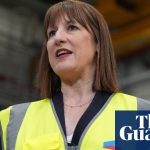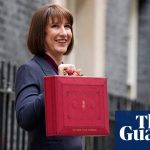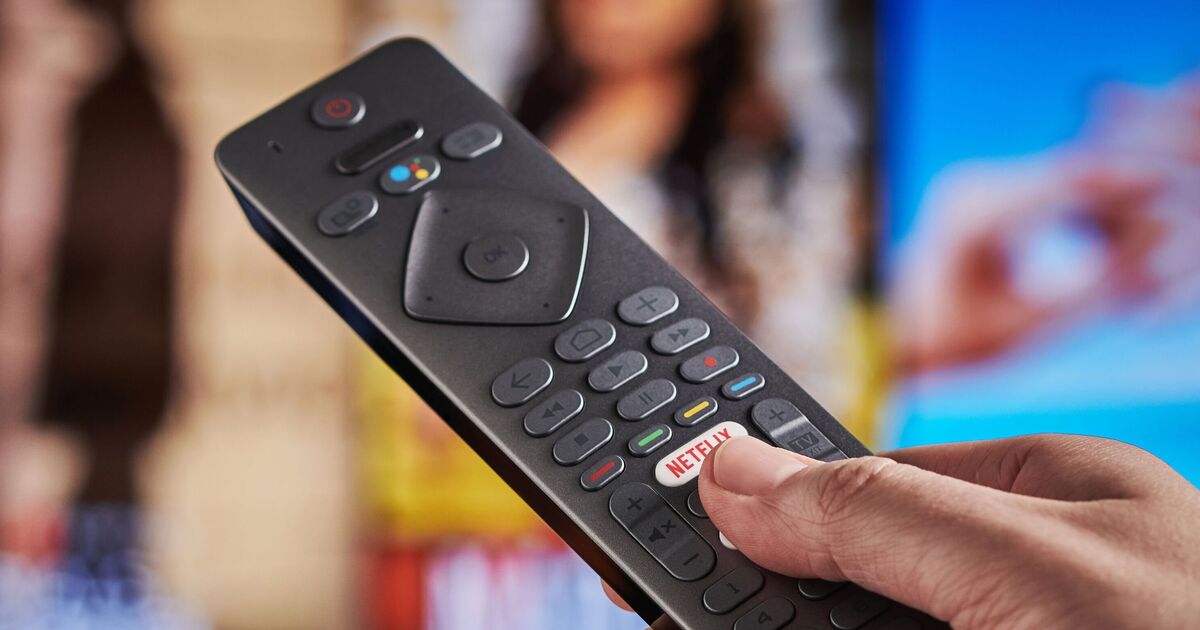The study by consultancy firm EY also shows that six out 10 people don’t want to watch television via broadband services.
Campaigners say the findings show that the government must commit to the long-term future of traditional broadcast TV,
Free-to-air television, which millions watch every day, is only secure until the early 2030s, when current licences expire.
Some in the industry say the Government should lead a deliberate switch-off of terrestrial broadcast TV, in part as a way of forcing more people to go online.
Campaigners say that with internet connections much less reliable than the terrestrial TV service, if everyone were forced to switch over to online TV viewing only, people would be paying more for a less reliable service.
Other findings in the report reveal that 31% of viewers say they cannot afford to pay more than they currently do to access broadband and TV services.
And 40% of viewers said a switchover to IP-only would be bad or very bad use of government funding
As well as the ongoing costs of a fixed broadband connection, millions of households would also face the upfront costs of new TV equipment and installation support – with a total cost of £129 million.
Those most affected would be some of the most vulnerable in society, who rely on terrestrial TV the most.
These include older people, those on lower incomes, people living with a disability and remote rural communities.
The Broadcast 2040+ coalition, whose members include the Digital Poverty Alliance and the Rural Services Network, is urging the government to commit to a hybrid future for TV and radio services, ensuring continued universal access to terrestrial TV alongside streaming, so that no one is left-behind.
David Coulson, Partner, Economic Advisory at EY, said: “If a switch were made to distribute TV exclusively over the internet, even by 2040 approximately 4 million homes would still need broadband and set-top-box upgrades.
“This is forecast to cost government and consumers over £2bn to set-up, plus a further £900 million each year to cover ongoing broadband fees and to support vulnerable users.”
A spokesperson from the Broadcast 2040+ campaign said: “This report lays bare the hidden cost of any proposed switch-off of terrestrial TV. It would mean vulnerable people being asked to pay more, risk disconnecting millions from universal access to TV and burden the taxpayer with new financial liabilities.”
Internet connections are significantly less reliable than the terrestrial TV service.
According to research by Uswitch, 21 million customers experienced broadband outages of three hours or more between summer 2022 and 2023.
Elizabeth Anderson, CEO of the Digital Poverty Alliance, said: “For the millions of people who live in or at risk of digital poverty, terrestrial TV provides a vital social lifeline. It guarantees universal access to quality TV content, free to air, to every home.
“A fixed highspeed broadband connection is something that many people cannot afford and even the most basic internet connection is one of the first things cancelled when people need to tighten their belts.”
Colin Browne, Chairman of the Voice of the Listener & Viewer, part of the Broadcast 2040+ coalition said:
“Universal access to quality broadcasting is a right. It is also essential to maintain the democratic and cultural traditions of the UK.
“Terrestrial TV and radio services keep us all connected, especially our most vulnerable communities.
“This new report makes it clear that the current hybrid model of TV, which provides a choice of terrestrial and streaming, is popular with audiences. We would like the Government to ensure that citizens continue to have a choice in how they watch TV.”
Kerry Booth, chief executive of the Rural Services Network said: “The Rural Services Network strongly believes in ensuring access and choice for all, particularly for those in rural and vulnerable communities. Many of these households rely solely on terrestrial TV, not just due to affordability, but also because of inadequate digital infrastructure in rural areas.
“An internet-only TV model would create a digital divide, leaving many at risk of increased social isolation—especially older people and those living alone—who use TV as a lifeline for information and social connection.
“It is imperative that the government adopts a balanced approach that preserves traditional broadcasting and safeguards the well-being of rural communities.”
A DCMS spokesperson said: “We are committed to ensuring that as many people as possible can continue to access TV and radio in a way that suits them. That is why this government has wasted no time in grasping the review of the future of TV distribution in the UK.
“No decisions have yet been taken, we will carefully analyse how people receive their television now and through the next decade, allowing us to assess these changing trends and consider the important financial sustainability of the ecosystem, particularly for our public service broadcasters.
“This review will inform our long-term approach, including whether to further extend the current commitment to keep Freeview on air until at least 2034. We will release further details in due course.”











